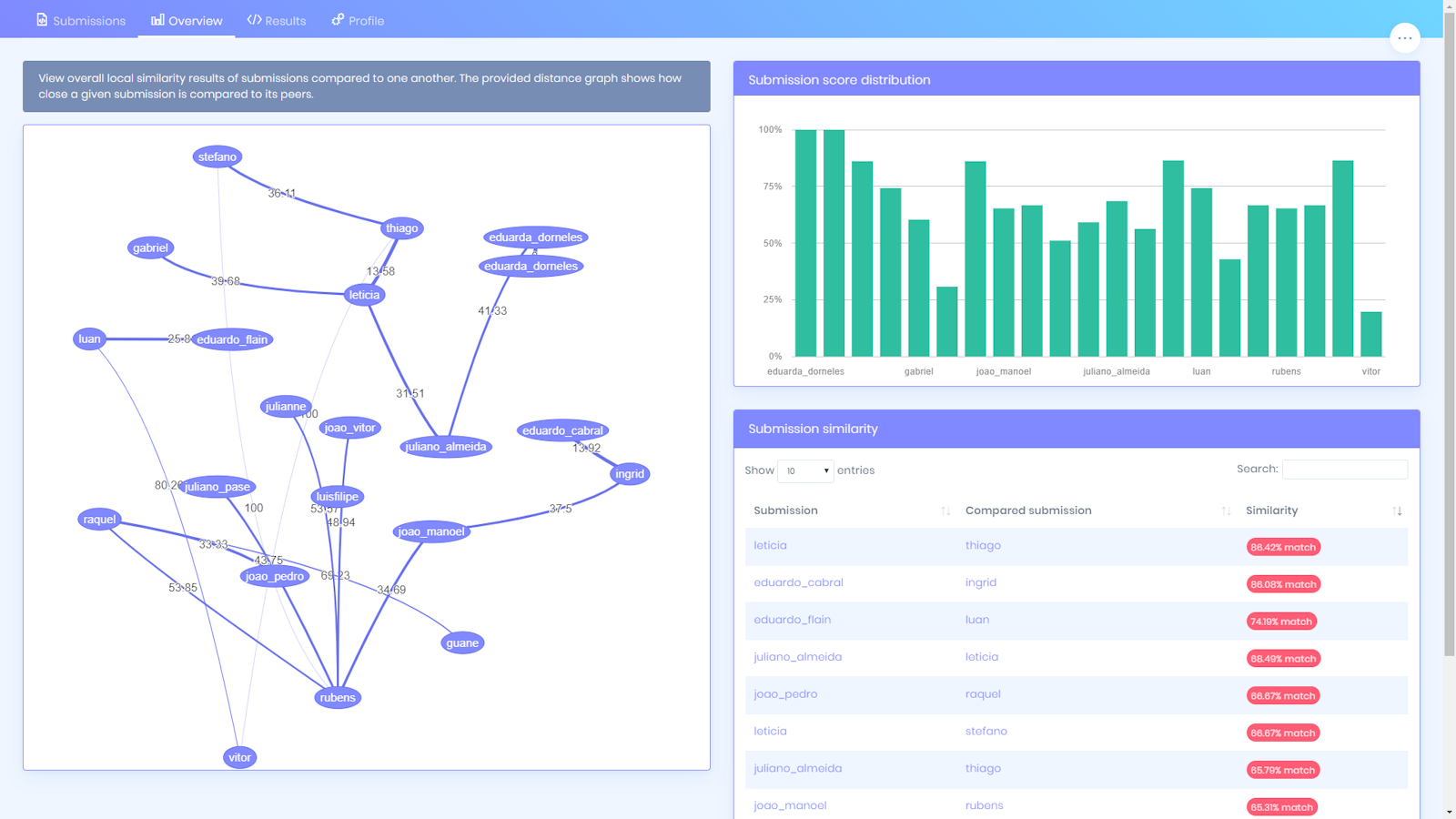

Java developers invest significant time and effort into crafting clean, original code. However, plagiarism remains a major concern, whether in academic projects or professional development. If you don’t check Java code for plagiarism, unauthorized copying can go unnoticed, undermining your credibility and leading to serious consequences. Fortunately, there are proactive steps to safeguard your work and maintain code integrity.
Protecting your Java code ensures your originality remains intact. A strong strategy includes version control, licensing, and the right detection tools. Codequiry’s advanced plagiarism checker empowers developers to detect and prevent unauthorized code reuse with ease. Take control of your code integrity today—Try Codequiry now!